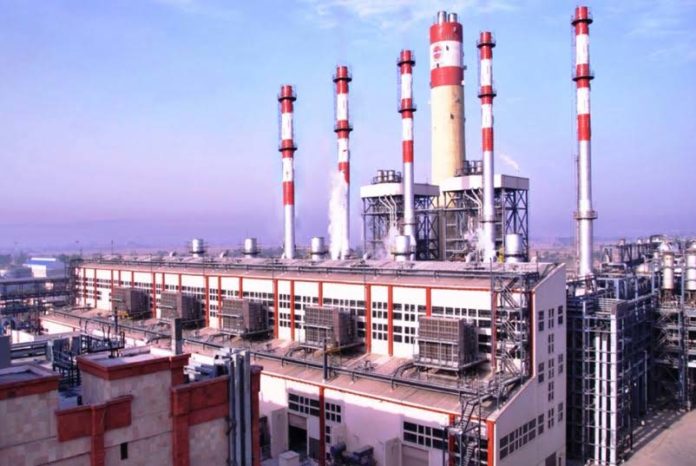ISLAMABAD: The Senate Standing Committee on Finance on Thursday unanimously approved the Captive Power Plants Levy Bill 2025, a legislative move aimed at easing capacity payments and lowering electricity costs for consumers.
Chaired by Senator Anusha Rehman, the committee passed the bill after extensive deliberations. Secretary Petroleum Momin Agha briefed the panel, stating that the legislation seeks to reduce the financial burden of capacity payments on the national grid and ensure more affordable electricity.
According to Agha, a 5% levy on captive power plants has already been imposed following the issuance of the ordinance. The rate is set to rise in stages—10% in July 2025, 15% in February 2026, and 20% in August 2026.
Additional Secretary Finance told the committee that initial attempts to shut down captive power plants led to legal challenges from industrial players. In response, the government opted for a levy mechanism rather than a forced closure of operations.
Of the country’s 5,500 industrial gas connections, around 1,100 belong to captive power plants. These facilities are currently billed at standard industrial tariffs.
The Petroleum Division added that gas tariffs for captive power units have been rising steeply—Rs2,750 per MMBTU in February 2024, Rs3,000 in June 2024, and a projected Rs3,500 by February 2025.
Senator Mohsin Aziz strongly opposed the bill, calling it “anti-Pakistan” and warning that it could lead to widespread industrial shutdowns. He noted that captive power plants had once been encouraged by the state as a solution during energy crises, and now industries are being punished for adopting those measures.
“This bill will murder the industrial sector,” Aziz warned.
Senator Rehman pushed back, arguing that the real intent was to lower electricity prices for the broader public and implied that resistance to the bill equated to opposition to affordable power. The exchange grew heated, with Senator Aziz refuting her claim and reminding the committee that his concerns were rooted in economic viability.
Rehman later clarified that as Senator Aziz was attending the meeting virtually, his vote would not be counted in the official tally.
Senator Manzoor Kakar praised the bill, calling it “very good” and reiterating its importance in addressing long-standing structural inefficiencies in the energy sector. Rehman echoed this sentiment, stating that the bill was in line with Prime Minister Shehbaz Sharif’s commitment to cutting power costs.
With dissenting voices excluded from the formal count, the committee passed the bill unanimously. The legislation will now move forward for further consideration in the Senate.




